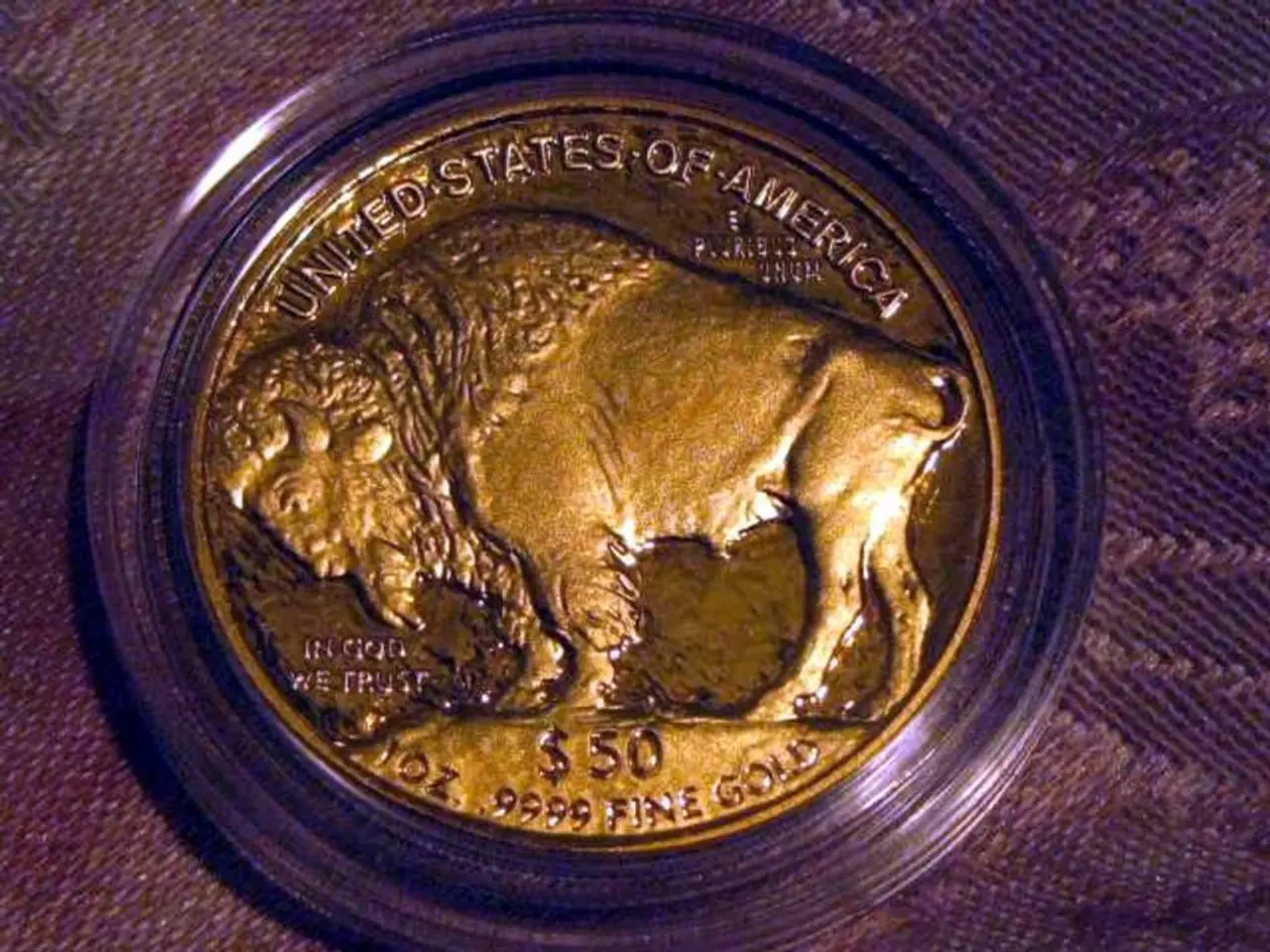Stripped Dollars of Belarus Given a Bleach Bath, Subsequently Deposited at Bank
In a recent incident, Vasily Poshelyuk, also known as Vasya Pilot, encountered a bank that refused to exchange all his bleached U.S. dollars due to their unusual smell. The bills, which had been cleaned with Belizna bleach, had developed a chlorine-like odour, raising concerns about their authenticity and condition.
This event serves as a reminder that banks and financial institutions have strict policies regarding currency authenticity and condition. Altering currency, especially by bleaching or other chemical methods, usually results in the bills being unacceptable for deposit or exchange. These altered bills may be considered damaged or tampered with and could be confiscated rather than accepted.
The standard U.S. policy is that mutilated or altered currency may be examined by the Bureau of Engraving and Printing or other authorized entities, where in some cases partial reimbursement might be issued depending on the extent and nature of the damage. However, ordinary banks will generally refuse to accept currency that has been chemically bleached or altered because it is difficult to verify authenticity and quality.
No search results indicated any acceptance by banks of currency bleached with household bleaches such as Belizna. The New York Police Department public guide notes that stamped or perforated currency is never returned to claimants or deposited in banks but forwarded to the Property Clerk for reimbursement arrangements instead, demonstrating the strict handling of altered or damaged currency.
Following Vasily's experience, users shared various currency exchange tips. Some suggested using a UV flashlight to check bills when buying currency, while others noted that banks will now sniff each bill. In a humorous context, the phrase "money laundering" was used in relation to Vasily's experience.
In a different context, users in Turkey shared that they accept bills from any era, including stamped and rusty ones. Similarly, in Georgia, a user got rid of bills that Belarus banks don't accept.
In conclusion, chemically bleaching U.S. currency to attempt reuse or exchange is ineffective and will lead to non-acceptance by banks. Instead, damaged or mutilated currency should be submitted directly to the U.S. Bureau of Engraving and Printing for possible redemption.
[1] Reference: Charter97.org
Note: The name of the second bank where Vasily successfully exchanged the bills was not specified. This article does not provide any new factual information about the banks Vasily visited or the specific exchange process.
- Strict policies in personal-finance prevent financial institutions from accepting currency that has been chemically altered or bleached, such as the bills Vasily attempted to exchange.
- Users were advised to directly submit damaged or mutilated currency to the U.S. Bureau of Engraving and Printing for possible redemption, instead of attempting to reuse or exchange them through banks, as demonstrated by Vasily's encounter.




